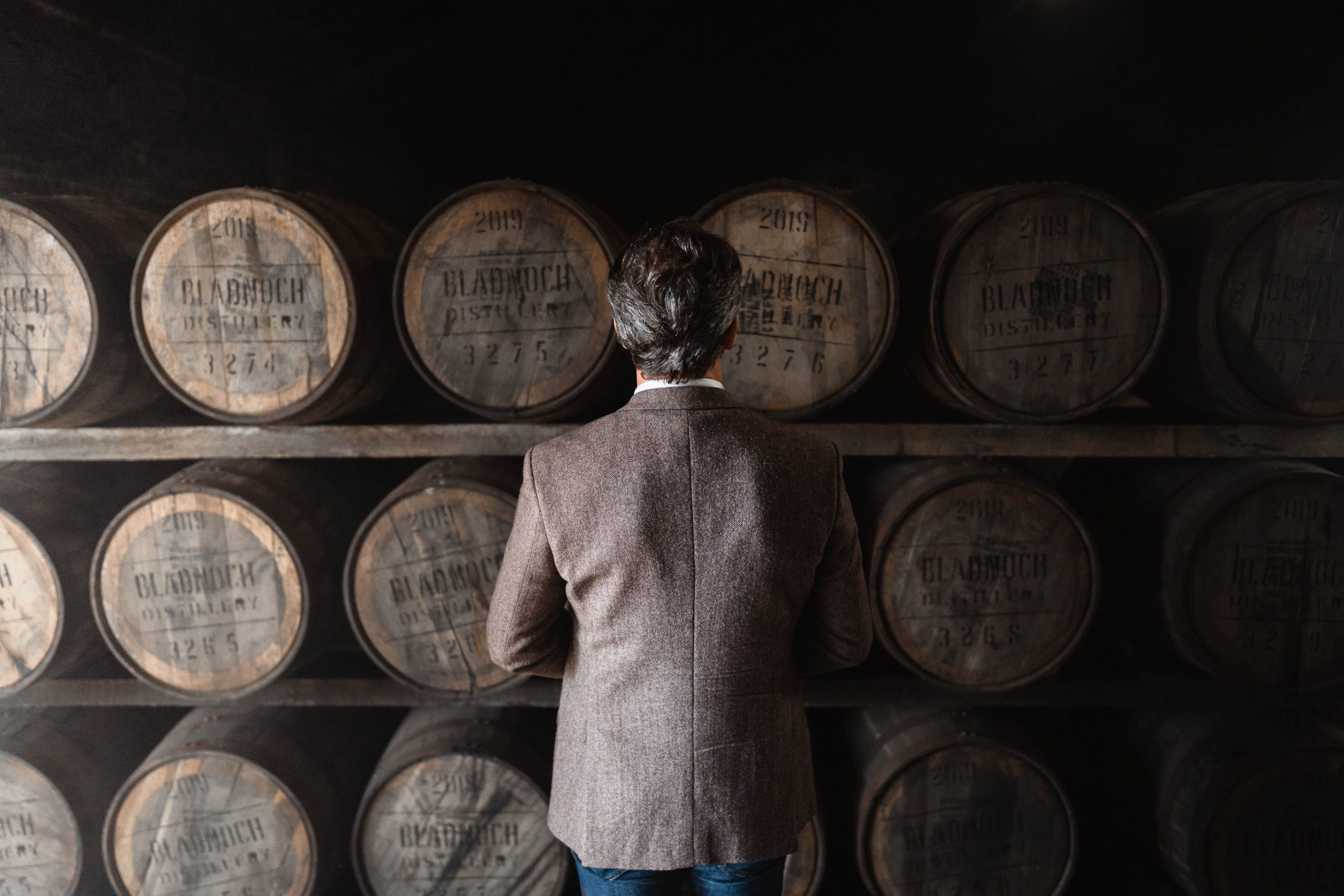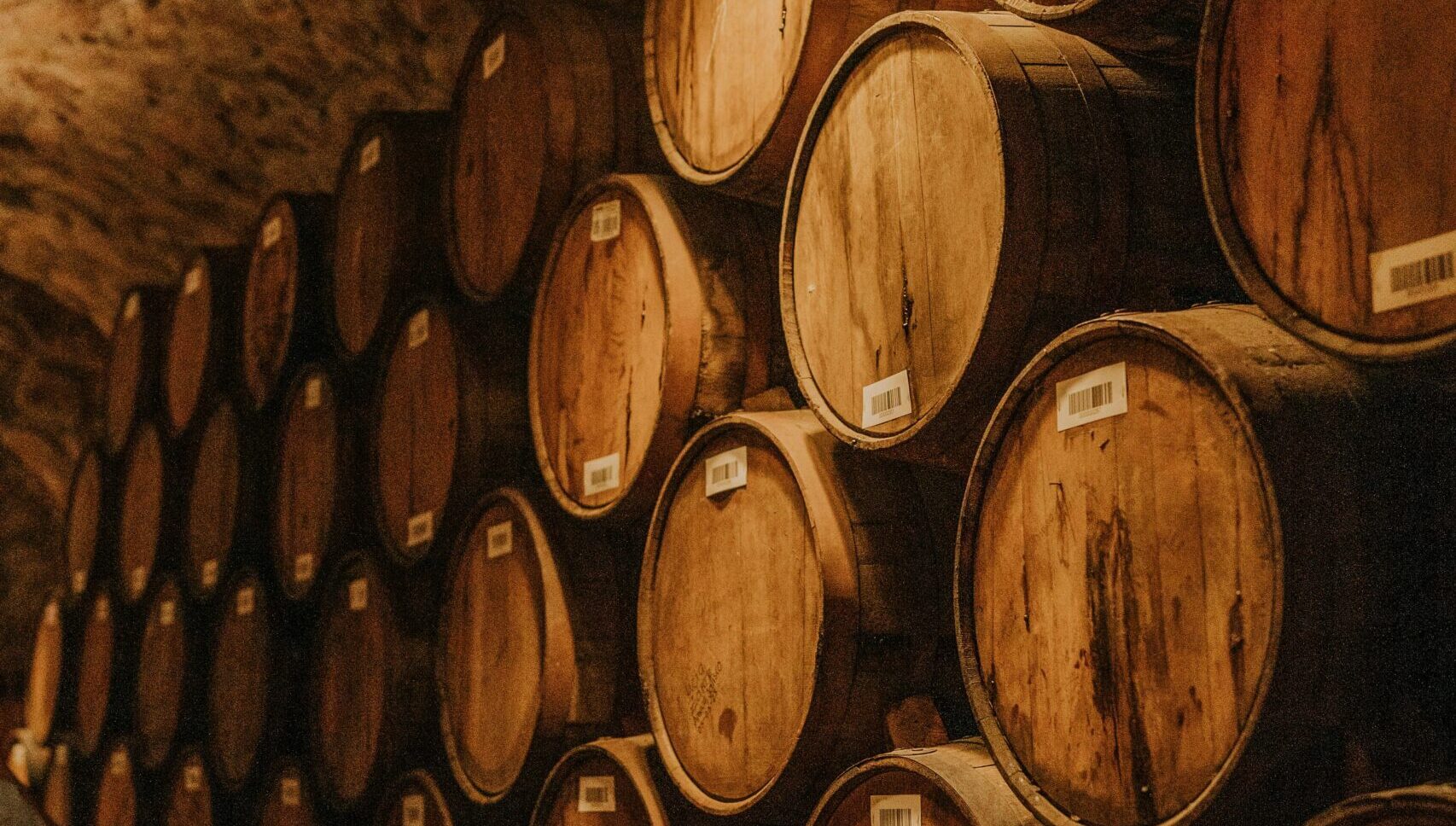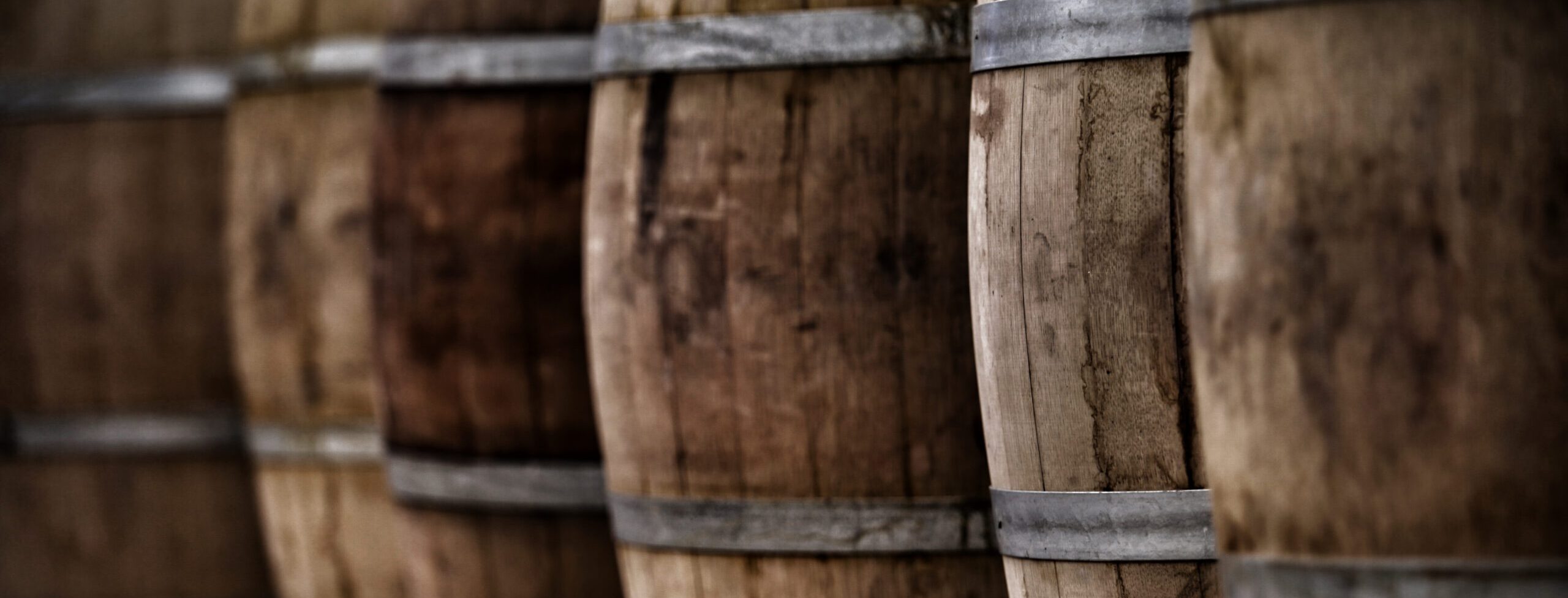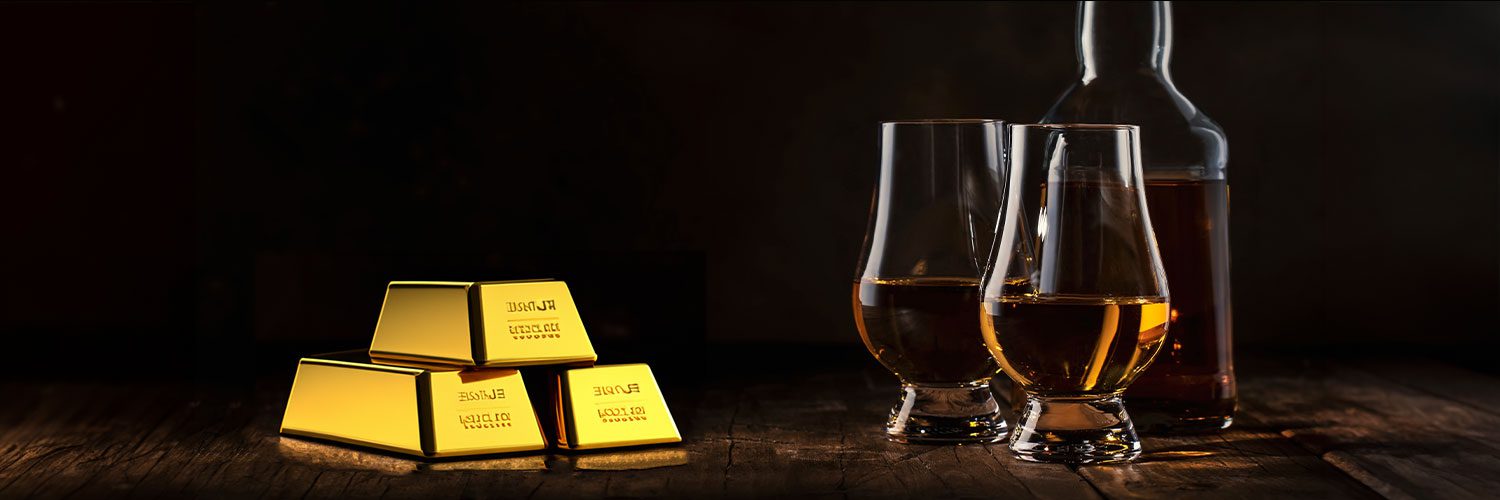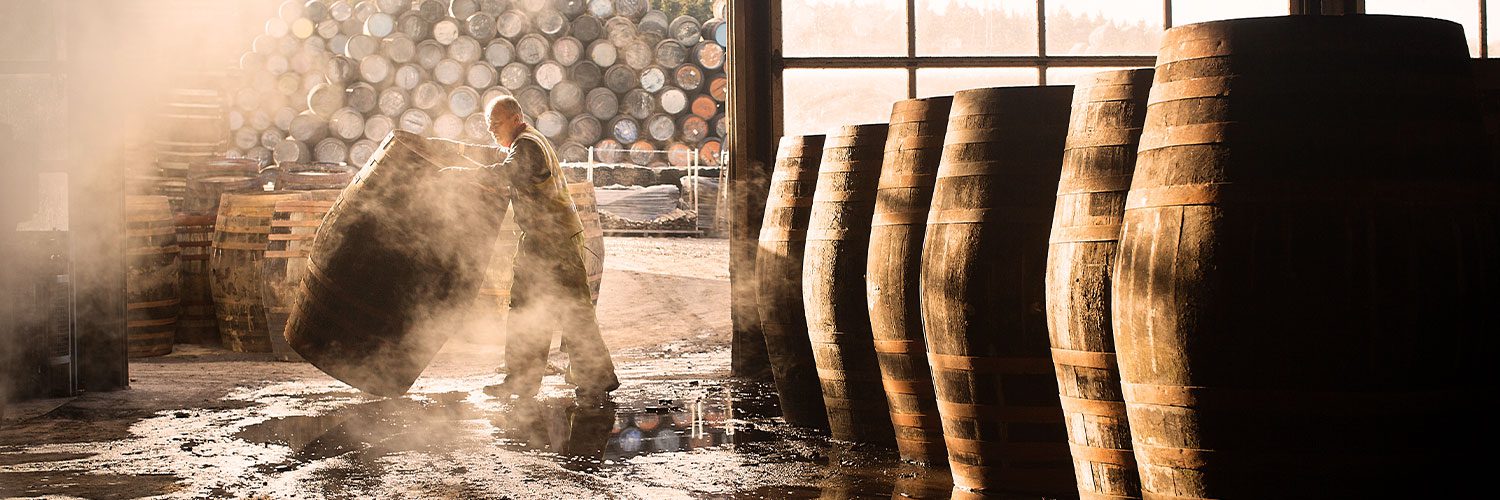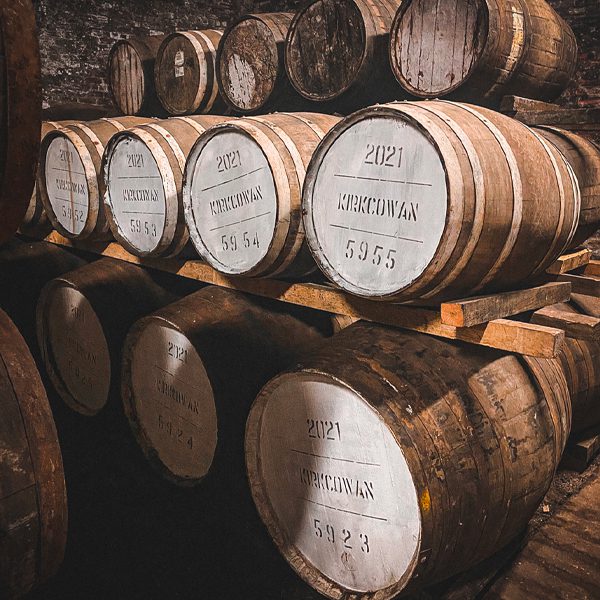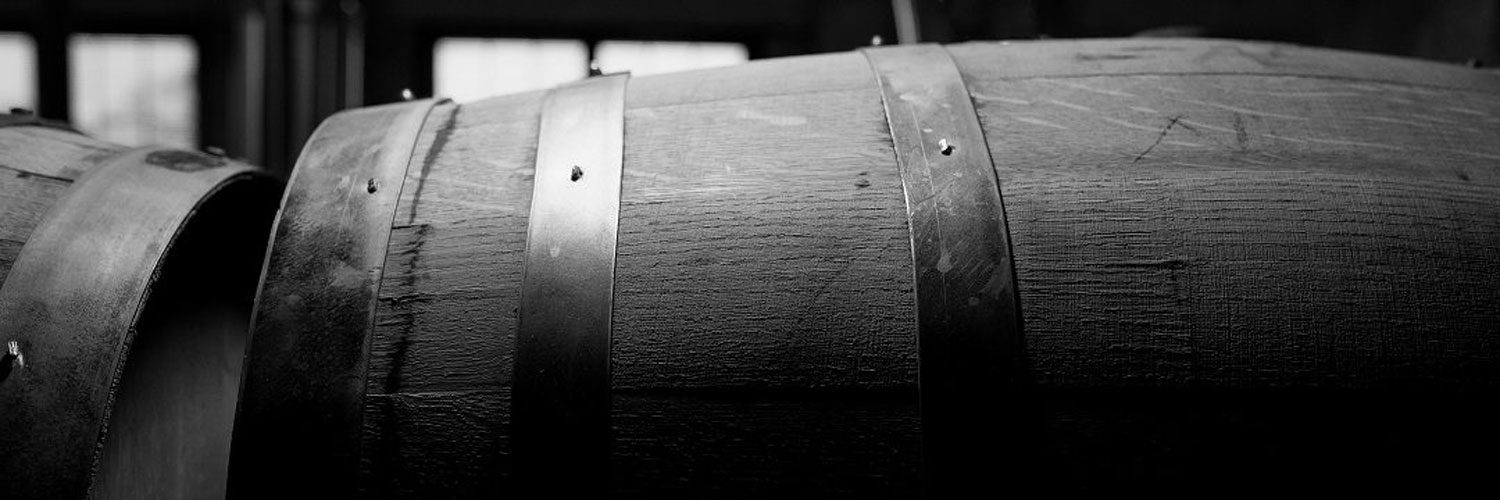With the cost of living rapidly escalating, UK inflation set to rise to a staggering 7% by spring, and December’s sudden increase in interest rates, knowing how and where to invest money is a challenge faced by many consumers. But with an unprecedented second-year freeze on alcohol tax announced last year and global Scotch whisky consumption forecasted to continue in growth by 8.2% by 2023, cask whisky is fast becoming an extremely attractive alternative investment option.
Louise Robinson, Operations Director at Whisky Partners, says: “As we move into spring, we have every reason to believe that investing in cask whisky will continue to be a safe and lucrative option for those looking to invest in a profitable, fully-owned, tangible asset.”
Like most industries, whisky production and distribution were impacted by the 2020 pandemic, but the effects were short-term, and the value of whisky has been largely unaffected, making cask whisky investment all the more attractive in 2022.
“In uncertain times, wise investors traditionally turn to tangible assets to invest in, knowing that these offer less risk of being impacted by fluctuations in the markets,” Louise explains. “Assets like Scotch whisky have shown that they can ride out such storms and continue to offer value for money.”
Crucially, as whisky casks are defined as a wasting asset by the HMRC due to the natural evaporation that occurs during the maturation process, they are not subject to capital gains tax, which gives investors more opportunities to maximise their profits when they choose to sell.
“We’ve seen an increase in demand across the board and we’re hearing from those who are acutely aware that if they do nothing, they’ll earn up to 7% less on their other investments when the new inflation rate hits. Cask whisky has offered stable returns historically, with the added benefits of it being a tangible asset and being exempt from Capital Gains Tax. Looking forward, we expect this to increase further over the next few years in line with global consumption growth,” Louise adds.
Despite spirits, including Scotch Whisky, continuing to be taxed more per unit of alcohol than beer, cider and wine due to their higher ABV content, the current duty freeze provides welcome relief to all distillers, specifically in Scotland where 92% of all UK spirits are produced or bottled.
Global demand for whisky is high. The duty rate on spirits continues to be £28.74 per litre of pure alcohol, meaning the tax burden on the average priced bottle of Scotch Whisky is 70%. Nevertheless, the duty freeze confirms that the UK government endeavors to support the whisky industry and protect the investment market for Scotch Whisky, with the annual CPI forecast for inflation predicted to peak at 4.6% in April 2022.
Louise tells us: “The freeze offers a golden opportunity within the whisky investment market. By avoiding steep inflation rates, it is now more attractive than ever for investors to begin their whisky investment journey.”
You can speak to one of our portfolio managers today for more information on how whisky cask investment works.

 Learn
Learn
